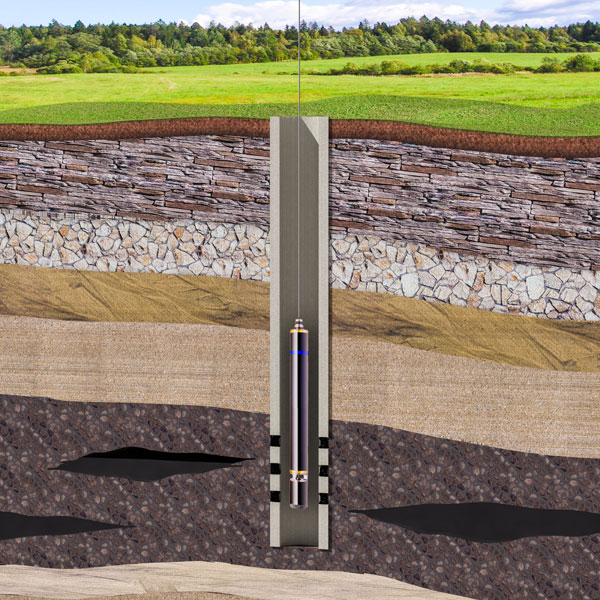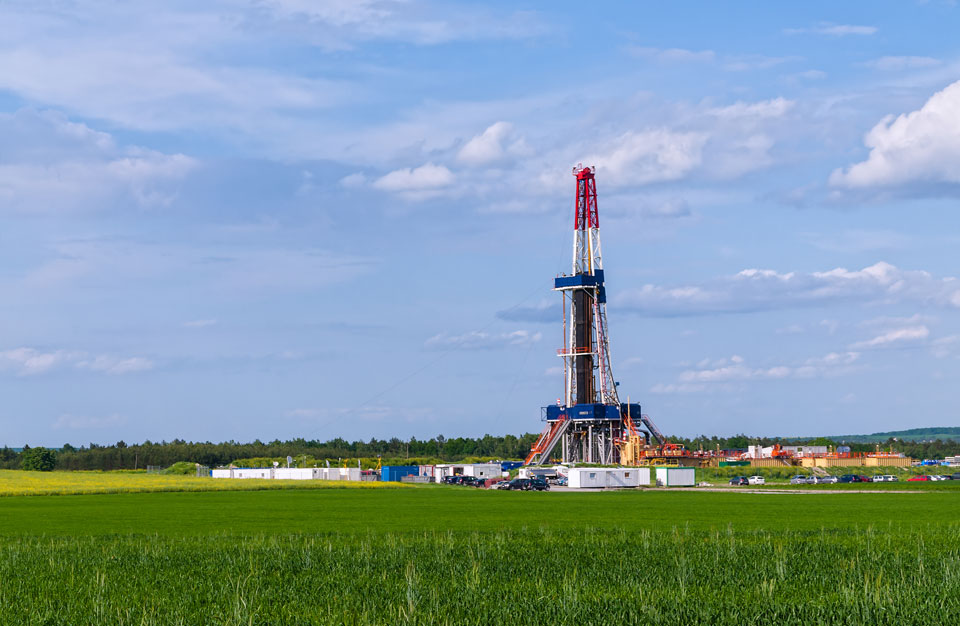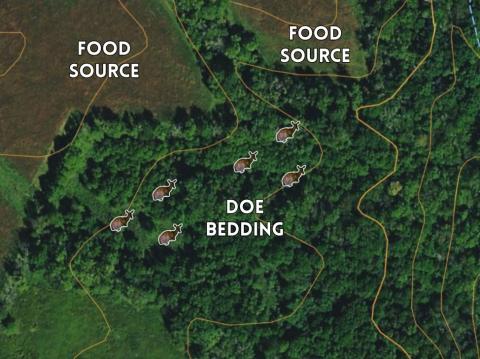If you are looking to buy land, the topic of mineral rights has certainly already come to your attention. If you own land or are looking at land for sale with mineral rights still attached, you may be interested in making money from the minerals, oils or gases the land could contain.
In fact, the mineral resources beneath your property might even be worth more than the land. But mineral rights can also lead to specific legal challenges for individuals who are looking to buy land.
What are mineral rights?
 Mineral rights refers to the ownership of the natural resources found on a piece of property. The owner has control over what, how and if minerals are extracted from the property.
Mineral rights refers to the ownership of the natural resources found on a piece of property. The owner has control over what, how and if minerals are extracted from the property.
Most property owners are unable to extract and use the resources on their own, and they may sell or lease the rights to a third party.
What minerals are included?
Minerals are the coal, ores, metals, oil and gas, gems, aggregates and other construction materials, sand and whatever else can be extracted from a property that has monetary use or value.
But how does that work legally?
Minerals are generally found below the surface. As such, the property owner can retain rights to everything on the surface while someone else maintains the rights to the minerals beneath.
The property owner has multiple options for handing over control of their property’s minerals. They can sell or lease ownership of the minerals in one layer of land, only specific minerals in the entire area or even specific individual minerals.
If the property contains a coal seam, the owner can sell or lease the rights to the entire area of land that contains the coal. This would then include the rights to minerals that are not coal.
They can also sell or lease the rights to just the coal in that area, or even simply give the right to just a section of the coal seam to a third party.
Should you sell or lease?
The two main options for giving mineral rights to another party are selling the rights or leasing them.
When you sell your rights, you receive a lump sum and all profits belong to the new owners. The new owner also has complete control of how the minerals are extracted and, in many places, mineral rights supersede all other rights.
This can be an issue for people who are interested in buying hunting land or those who would like to conserve any natural wildlife and forests that may exist on the land.
However, if contracts are correctly written, selling can still be worthwhile. The initial payout of selling the rights is usually bigger than leasing them, and there is no uncertainty about future payouts with selling.
To lease mineral rights, an agreement is made with a company that allows them to extract resources and sell them while you retain ownership of the land.
The company pays an initial leasing price to come onto your property and test for minerals. If they decide to extract, they will also pay royalties on the extracted resource. This brings profit over time rather than all at once.
Considerations before signing
Proper research and planning should be done before signing away mineral rights.
If the extraction must occur on site, the company will need to access the minerals from the surface of your land. This can be minimally invasive, but it can also disturb wildlife and contaminate the area. Ensure that all details of access, clean-up, and remediation are clearly articulated in writing and agreed upon before signing.
An archeological survey will be done in cases where the surface will be disturbed to determine whether anything of cultural significance could be destroyed. If so, the extraction permits will likely be denied.
There are other considerations to take into account as well when extracting minerals. Land can sink, water and soil can become contaminated and gases can seep out of the ground. Contemplate environmental implications before signing any contracts.
Finally, a company may buy the mineral rights without acting on extracting them for many years. It is not unheard of for a company to buy mineral rights and wait long enough that the original seller is no longer the owner of the property when extraction begins. Keep this in mind while looking at property.

Take your time and get a lawyer
Selling mineral rights is a detailed and potentially high-stake business. Have a lawyer look over any contracts and work with you to ensure you are making a good deal. Laws vary from state-to-state, and trying to untangle them on your own can become overwhelming.
There are also many details to mineral rights contracts the average person would not look for. Most individuals are unaware of what remediation will be due after extraction, or how to properly negotiate access to the surface land.
The fees for a lawyer may be high, but they should be weighed according to potential future profit.
Who benefits from mineral rights?
Owners of small properties would not typically stand to benefit from the sale or lease of mineral rights.
However, a small-scale landowner might still be able to sell or lease the rights to oil and natural gas, as these can be extracted from a well up to three miles away. Even this might not be worth the trouble for something as small as a single housing lot.
If you have a larger property or are looking at buying hunting land, selling or leasing your mineral rights might be a good option for you. With larger units, the chance of finding valuable resources is higher. The impact of extraction is also lower because there is more space between you and the extraction site.
Selling and leasing hunting land is particularly advantageous, as owners often do not live on the land. However, the extraction may scare off game and other wildlife, so it is best to lease areas that are not in use for hunting.
Overall, selling or leasing mineral rights can be extremely beneficial to landowners, but it is also something for property hunters to seriously consider before buying land.
Take the time to thoroughly research not only the mineral rights but also reputable lawyers and extraction companies to help you decide what is best for your land and your investment.



























